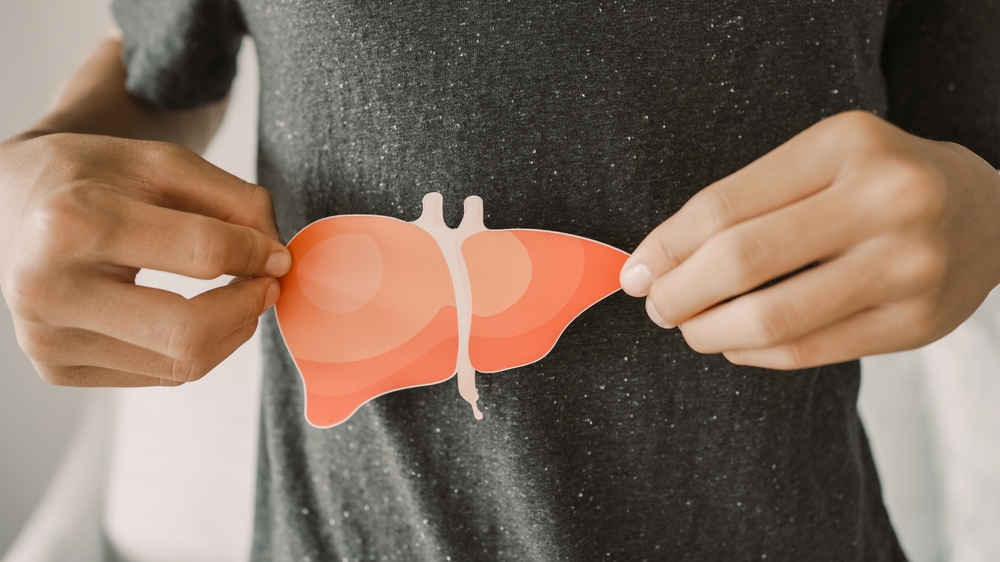

Jaundice – Causes, Diagnosis, and Treatment at Emirates Hospitals Group
Jaundice is a condition characterized by yellowing of the skin and the whites of the eyes, often indicating an underlying problem with the liver, gallbladder, or red blood cells. It can affect individuals of all ages and requires timely medical evaluation to determine the cause and appropriate treatment.
Causes of Jaundice
Jaundice occurs when there is an excess of bilirubin, a yellow pigment produced during the breakdown of red blood cells. The common causes include:
- Liver Diseases: Hepatitis, cirrhosis, and alcoholic liver disease can impair the liver’s ability to process bilirubin, leading to jaundice.
- Bile Duct Obstruction: Conditions like gallstones, pancreatic cancer, or inflammation of the bile ducts can block the flow of bile, causing bilirubin to accumulate in the body.
- Hemolysis: Increased breakdown of red blood cells, as seen in conditions like sickle cell anemia, malaria, or certain autoimmune disorders, can lead to jaundice.
- Newborn Jaundice: Many newborns experience jaundice due to their immature liver function, which is usually temporary and resolves as the liver matures.
- Genetic Disorders: Conditions like Gilbert’s syndrome, where the liver has difficulty processing bilirubin, can lead to mild jaundice.
- Infections: Viral or bacterial infections, such as hepatitis or leptospirosis, can cause liver damage and lead to jaundice.
Diagnosis of Jaundice
A comprehensive diagnostic approach is essential to determine the underlying cause of jaundice. Key diagnostic methods include:
- Physical Examination: A thorough examination of the skin, eyes, and abdomen to assess the degree of jaundice and check for signs of liver enlargement or tenderness.
- Blood Tests: Liver function tests, complete blood count (CBC), and bilirubin levels help assess liver health, red blood cell breakdown, and potential infections.
- Ultrasound: An abdominal ultrasound can help identify liver abnormalities, gallstones, or bile duct obstructions.
- CT Scan or MRI: These imaging techniques may be used to detect more detailed liver, gallbladder, or bile duct issues, such as tumors or blockages.
- Liver Biopsy: In some cases, a biopsy of liver tissue may be needed to diagnose chronic liver diseases or assess the extent of liver damage.
- Endoscopic Procedures: Techniques like endoscopic retrograde cholangiopancreatography (ERCP) may be used to examine and treat bile duct obstructions.
Jaundice Treatments in Dubai
At Emirates Hospitals Group, our experienced gastroenterologists, hepatologists, and other specialists provide comprehensive care for jaundice. We ensure accurate diagnosis, effective treatment, and ongoing support to help manage this condition. The treatment for jaundice depends on its underlying cause. Common treatment options include:
- Medications: For viral hepatitis or other liver infections, antiviral or antibiotic medications may be prescribed to treat the underlying infection.
- Liver Transplantation: In cases of severe liver failure, a liver transplant may be necessary to restore liver function.
- Bile Duct Surgery: Surgery may be needed to remove blockages or gallstones in the bile ducts to allow bile to flow freely.
- Phototherapy: For newborn jaundice, phototherapy (light therapy) can help break down excess bilirubin and reduce the yellowing of the skin and eyes.
- Blood Transfusions: In cases of hemolysis, blood transfusions may be required to replace destroyed red blood cells and manage anemia.
- Diet and Lifestyle Changes: In cases of alcoholic liver disease or non-alcoholic fatty liver disease (NAFLD), lifestyle changes such as avoiding alcohol, losing weight, and adopting a healthier diet are essential.
- Monitoring and Supportive Care: For less severe cases, regular monitoring of bilirubin levels and liver function may be required, along with supportive care to manage symptoms.
Related Treatments
- Autoimmune Liver Diseases
- Liver Cancer
- Oncology
- Hepato-Pancreato-Biliary (HPB surgery)
- Pancreatic Cancer
- Liver Tests & Diagnosis
- Gastrointestinal Surgery
- Hepatitis Treatment
Request an appointment
Please complete the details and we will book you shortly.
